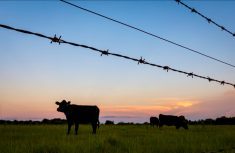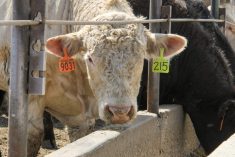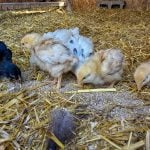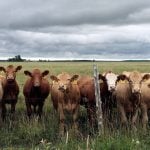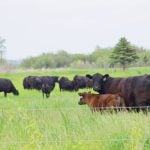Compared to last week, western Canadian feeder cattle markets traded $3 to as much as $8 higher. Strong gains in the live and feeder cattle futures, along with the softer Canadian dollar, set a positive tone for all weight categories. Central and southern Alberta feedlot operators were quite aggressive on local cattle, which caused major Alberta markets to trade a slight premium to Saskatchewan and Manitoba.
Once again, yearlings were in the spotlight and high-quality cattle attracted major attention. In central Alberta, larger-frame medium-flesh Charolais-cross steers weighing just under 900 lbs. rang the bell at $190 and larger-frame Angus-based steers averaging 867 lbs. sold for $196. Black heifers averaging 850 lbs. sold for $175 in the same region.
Read Also
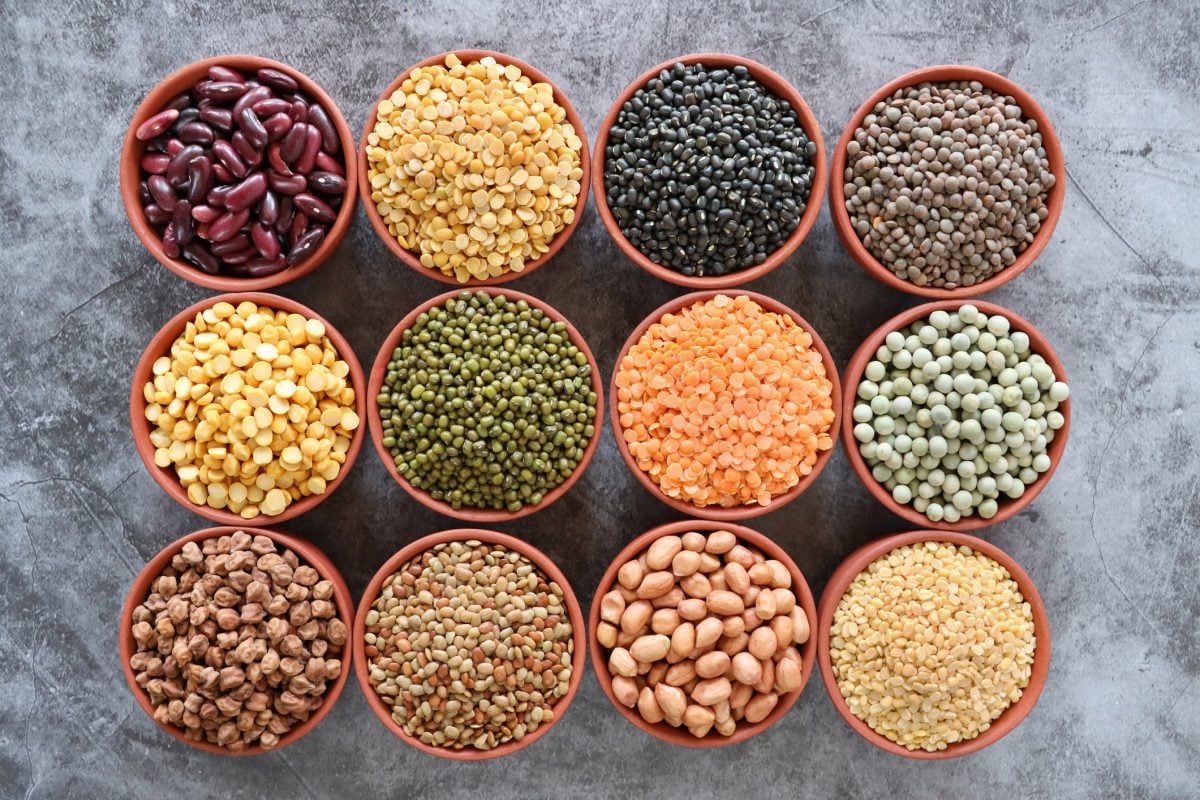
Pulse weekly: Large U.S. pea/lentil crops expected
Lentil production in the United States hit its largest level in nearly a decade, while the dry edible pea crop reached levels not seen in over five years, said updated production estimates from the U.S. Department of Agriculture.
Weaned and semi-weaned calves traded at $5-$8 premium over unweaned bawlers. Simmental mixed steers with lower flesh averaging 720 lbs. were quoted at $215 in southern Alberta whereas mixed tan steers in southwestern Manitoba averaging 710 lbs. traded at $208. Mixed medium-frame red and tan steers weighing 550 lbs. were quoted at $218 in southern Saskatchewan while 525-lb. mixed heifers were quoted at $193.
Alberta packers were buying fed cattle in the range of $132-$135, about $20 below breakeven pen closeout prices on unhedged cattle. However, this had little influence on the feeder market. The fed market experienced a significant rally in April and May 2017 and feedlot operators are banking on a similar price structure next spring. It appears that the feeder market is building a risk premium due to the uncertainty in beef production in the first quarter.
— Jerry Klassen manages the Canadian office of Swiss-based grain trader GAP SA Grains and Produits Ltd. and is president and founder of Resilient Capital, specializing in proprietary commodity futures trading and market analysis. Jerry consults with feedlots on risk management and writes a weekly cattle market commentary. He can be reached at 204-504-8339.






